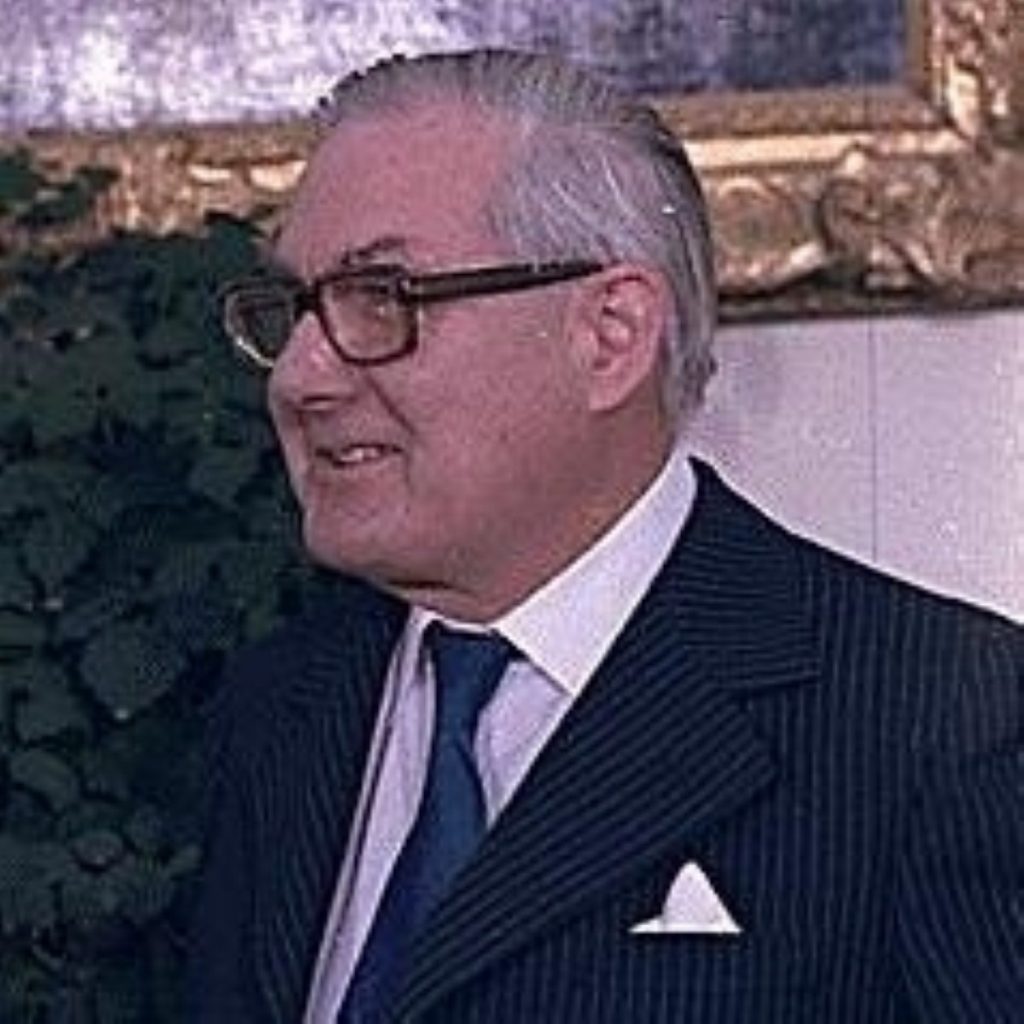Callaghan faced police strikes
James Callaghan threatened to resign as prime minister rather than give in to a possible police strike, official documents released today have shown.
The 1977 Labour government feared that increasingly militant members of the Police Federation might break the law banning industrial action, with the then prime minister Mr Callaghan facing a similar stand-off to that currently experienced by home secretary Jacqui Smith.
In documents released by the National Archives in Kew, London, the then home secretary Mervyn Rees warned Mr Callaghan a police strike could cripple the government in the same manner in which the Heath administration had been hampered by the miners’ strike.
Industrial action from the police was a possibility after ministers imposed a five per cent annual pay increase, well below the inflation rate of 15 per cent.


Mr Rees told the Cabinet in October 1977 that an offer of ten per cent would spark an “immediate showdown” with the Police Federation who had demanded a pay increase worth between 78 and 104 per cent.
He told Mr Callaghan an offer of 15 per cent and a wide-ranging inquiry “could do the trick”, telling the prime minister “we did not want to let the police be our miners”.
But a handwritten transcript of an October 23rd telephone conversation between the two men reveals Mr Callaghan overruled his home secretary.
“The PM said that government could not offer 15 per cent. People would laugh,” the secret note released today records.
On the question of a strike, the transcript reads: “He was certainly prepared to face one, and prepared to resign rather than. give in to the threat of a strike.”
“He was prepared to face a modified strike… The PM said we might as well have the confrontation now.”
The offer of 15 per cent was finally accepted by the Police Federation, with the committee of inquiry’s recommendations paving the way for police pay arrangements that remain in place today.









